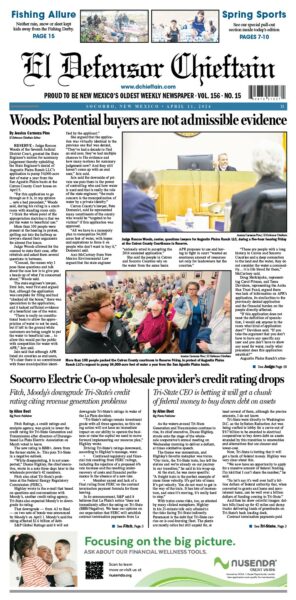
Lawrence Castillo
Retirees’ student loan debt has skyrocketed in the last decade. Recently published studies on the state of debt in America reveal that the number of Americans age 60 and older who hold student loan debt has quadrupled in the last decade.
Nearly 3 million American seniors currently have outstanding student loan debt, up from a high of 700,000 in 2005. Surveys indicate that over 70% of this debt is for loans taken out by parents or grandparents to help finance a child or grandchild’s education. Hikes in college tuition and associated fees have caused loan sizes to increase as well. The average balance of a student loan debt is currently around $23,000.
The increase in student loans and the size of such loans has begun impacting some Americans’ ability to retire successfully. There are indications that many people over age 60 struggle to repay student loan debt, even after retiring. The result is a spike in late and missed payments, along with credit issues.
There are other severe consequences for seniors related to the student loan crisis.
Too much debt can make it challenging to save for retirement.
In general, people near retirement who hold student loans save far less money than they will need to retire comfortably.
Some seniors will have to work longer than anticipated. Outstanding student loan debt could force those near retirement to stay at their jobs for months, even years longer than they planned. In many cases, seniors with loans have found it necessary to take on part-time jobs in retirement.
There is the risk of default: While just 17 percent of student loan borrowers under 50 fail to repay their loans, 37 percent of Americans over 65 are at risk of defaulting.
High debt causes some to postpone medical care. Many older Americans on the hook for student loans say they must often do without necessary medical attention to pay their loan. Budget cuts may also result in retirees spending less on prevention and wellness.
Loans can create an inability to pay off other debts. Paying off a student loan on time may mean less money for seniors to pay down different debt types, such as mortgages, credit cards, and home loans.
Student loan borrowers may suffer increased stress and anxiety. A student loan can become a black cloud threatening an otherwise well-planned retirement. Seniors who should be enjoying the time after leaving the workforce may be consumed by anxiety over their debt and in danger of stress-related health issues.
Student loan defaults may result in the loss of Social Security or other government benefits.
Student loans are one of the only exceptions to rules that protect federal benefits from garnishment. A growing number of people over 65, most of whom depend on Social Security as their primary source of retirement income, are at risk of losing some of their benefits. Social Security benefit offsets for student loans may result in severe financial hardships for older borrowers.
Summing it up. Older Americans are not, as a whole, equipped to pay back student loans.
Most seniors with student loans usually don’t experience income growth in their later years to offset the additional debt. Having a student loan repayment at or near retirement will likely result in you having much less money for living expenses at a time when you need it the most.
Before considering taking out or co-signing on a student loan, you should consult your retirement and income specialist. Your advisor can help you discover the short-term and long-term impacts of the loan and perhaps offer alternative strategies. While helping your loved ones meet their educational goals is a worthy cause, it should require you to forfeit your financial future.
(Lawrence Castillo is a member of Syndicated Columnists, a national organization committed to a fully transparent approach to money management. L and C Retirement Income Planners, 4801 Lang St. NE Suite 100 Albuquerque NM 87109 505 798-2592, http://lawrencecastillo.retirevillage.com/)



















